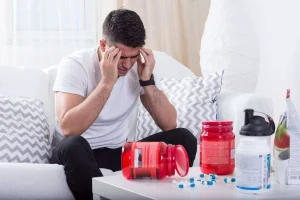
Alcohol spikes cortisol levels in the body, which contributes to the accumulation of belly fat. It also impedes your ability to get a good night’s sleep, further contributing to belly fat. In other words, elevated cortisol could contribute to weight gain, especially around the belly.
- Registered dietitian Julia Zumpano, RD, LD helps break down what you need to know.
- Alcoholics Anonymous is available almost everywhere and provides a place to openly and nonjudgmentally discuss alcohol issues with others who have alcohol use disorder.
- Many alcoholic beverages are produced through fermentation, using starches, sugars, and grains.
- The systematic review by Bendsen et al. 3• suggests that this trend is less likely in experimental studies examining beer consumption exclusively.
- Dry red wines high in antioxidants are a good option for dieters seeking health benefits from their wine.
Temporary Weight Gain After Drinking Alcohol: The TL;DR
- This is one reason why those on a diet are warned that the calories in a cocktail or two before dinner would not decrease their appetite.
- You can also mix them with soda water or another mixer if it doesn’t have any calories.
- The type of wine matters less once you get into heavy drinking, not to mention the harmful effects of alcohol if you regularly overdo it.
- And if you drink alcohol, you may have thought about that as well.
- While water retention, bloating, and digestive issues are the primary culprits of (seemingly) overnight weight gain, there are other factors that exacerbate those hangover pounds.
- Now that you’ve got its history, are there any benefits to drinking bourbon and other whiskeys?
Of course, the calories in wine vary and the exact number depends on the type. Dry wines tend to have less sugar and therefore fewer calories than sweet wines, while sparkling wines are the lowest in calories. Drinking actual alcohol leads to dehydration, as many of us already know (11). does drinking make you gain weight As your body senses this dehydration, it’ll try to hold onto water.
What is PAWS? Causes, Timelines, and Tips for Symptom Relief
Alcohol can possibly trigger the Whoosh Effect if you’ve been dieting and exercising hard for a while. Your body will stubbornly hold onto some water weight until there’s an influx of calories. Then your body will know that food is available to “flush out” what it’s been holding on to.
Don’t Drink Too Much (a.k.a. Mindful Drinking Habits)
- Your body’s job is to try and survive, so if it senses you’re losing valuable water, it’ll try to hold onto water reserves in return.
- “If you’re trying to lose weight, what you really want to happen is you want fat burning to be turned on as much as possible,” Wyatt says.
- Beer, hard cider, sugary wine – they can all pack a powerful caloric punch.
People with alcohol use disorder (AUD) have a higher insomnia risk than others. Most studies on alcohol’s effects on appetite have been conducted in animals. More human research is needed to understand how alcohol affects hunger. One animal study published in 2017 found that alcohol activates cells in your brain that signal intense hunger. After a few drinks, you may be more likely to make unhealthy food choices without thinking about it.
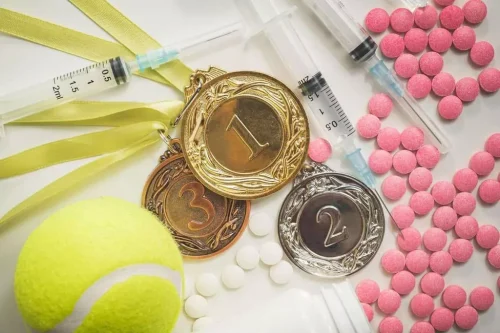
Can drinking alcohol every day cause weight gain?
And if you drink alcohol, you may have thought about that as well. Drinking beer can cause weight gain of any type — including belly fat. The reason for this is unclear, although it’s been suggested that wine drinkers have healthier, more balanced diets compared to beer and spirit drinkers (7, 36).
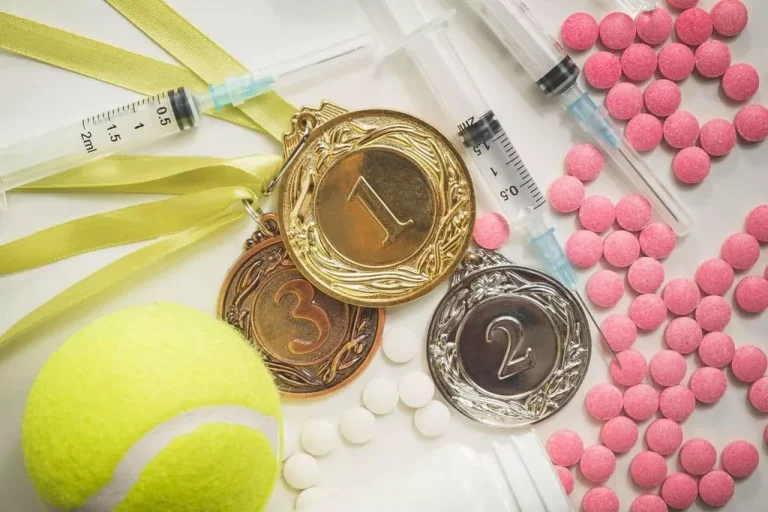
How Diet Soda Affects Your Weight
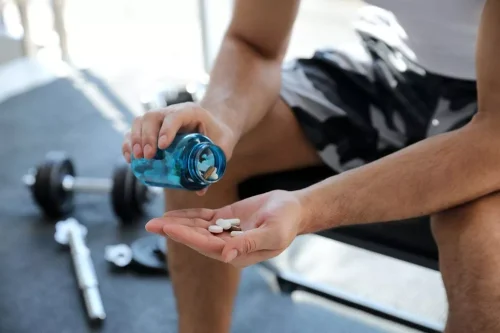
All of these can lead to long-term weight gain and contribute to the bloating and digestive issues that cause weight gain after a night of drinking. Some people may experience a slowdown in metabolism with alcohol consumption, making it harder for their bodies to burn calories efficiently. This response can vary greatly from person to person, and it’s important to recognize that your own metabolic reaction to alcohol could be different than your friend’s.
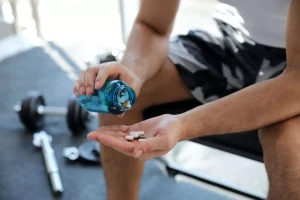
Does Alcohol Make You Weigh More The Next Day?
That means, even if you skip the sugary cocktail, there are still plenty of calories in your whiskey neat. “Beer belly” refers to that protruding stomach some men carry around. But you don’t have to be male or drink beer in order to gain weight from alcohol. However, drinking too much wine appears to outweigh any possible benefits and contributes excess calories in the process (11). While wine isn’t considered to be particularly high in calories, it’s easy to consume it in excess.
Are there ways to lose weight while still drinking alcohol?
Thus, we need to rely on short-term intervention studies and epidemiologic studies, each of which has clear limitations in showing an effect of alcohol intake on the vulnerability to gain weight. However, the preponderance of the evidence taken as a whole suggests that alcohol may be a risk factor for obesity in some individuals, especially when consumed in large quantities. Another important confounding factor to be considered is physical activity level. Furthermore, beer and spirit drinkers appear to have poorer dietary habits in general than wine drinkers 3•. Thus, accounting for both sides of the energy balance equation (intake, expenditure and lifestyle habits) is crucial to evaluate adequately the association between alcohol intake and obesity. Overall, the available experimental evidence reviewed in this article suggests that moderate intake of alcohol does not lead to weight gain.
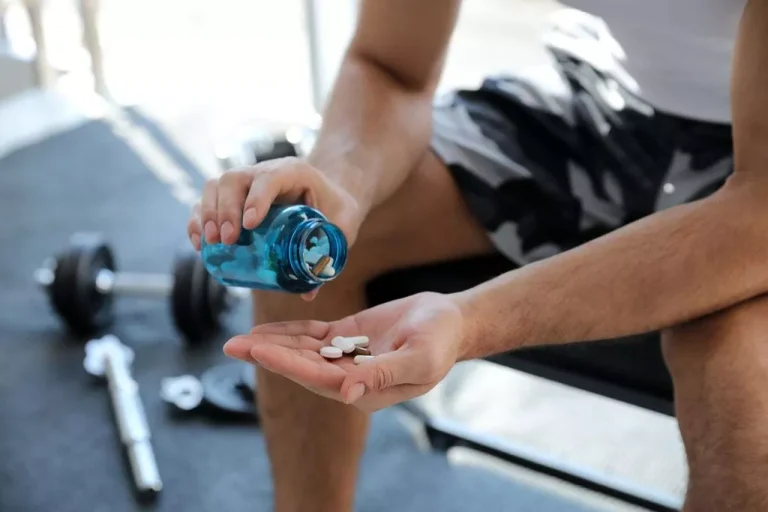
Why do I gain weight after drinking alcohol?
“Excessive alcohol consumption can cause nerve damage and irreversible forms of dementia,” Dr. Sengupta warns. Your gut microbiome is a hotbed of bacteria that help keep your digestive system happy and healthy. The trillions of microbes in your colon and large and small intestines are critical to proper digestion. They also help fend off inflammation and support healthy metabolism. But when you ingest too much alcohol for your liver to process in a timely manner, a buildup of toxic substances begins to take a toll on your liver. Your liver detoxifies and removes alcohol from your blood through a process known as oxidation.
